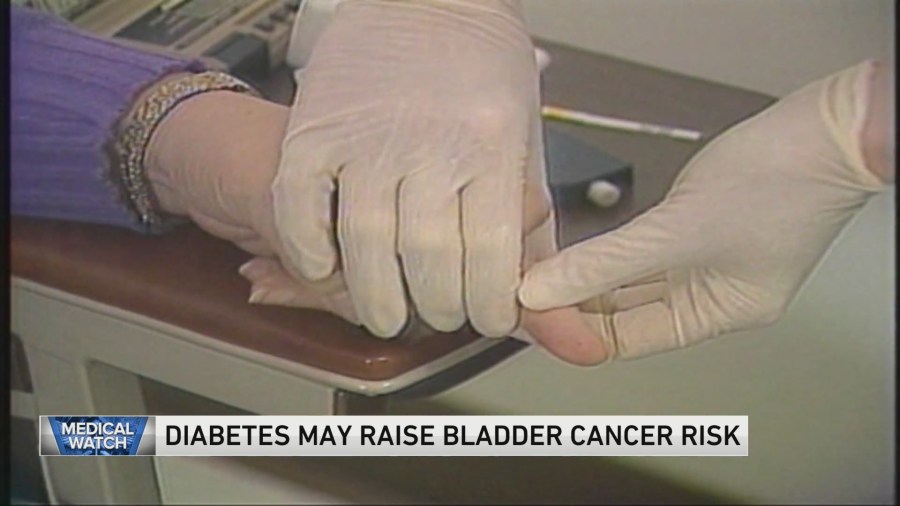Home / Health / Type 1 Diabetes: 4x Bladder Cancer Risk?
Type 1 Diabetes: 4x Bladder Cancer Risk?
21 Nov, 2025
Summary
- Type 1 diabetes patients are four times more likely to develop bladder cancer.
- Extreme heat is linked to higher epilepsy rates in the Deep South.
- Mapping brain waves could personalize epilepsy treatment.

A groundbreaking meta-analysis from USC Keck School of Medicine reveals a significant link between Type 1 diabetes and an elevated risk of bladder cancer. The study found that individuals with Type 1 diabetes are four times more likely to be diagnosed with bladder cancer. Health professionals strongly advise those with Type 1 diabetes to abstain from smoking or quit immediately, as smoking is another major contributor to this cancer. Maintaining optimal blood sugar control is also crucial, as uncontrolled diabetes may promote the development of cancerous cells.
Meanwhile, in neurology, Mayo Clinic scientists are pioneering personalized epilepsy treatment by mapping individual brain wave patterns. This innovative approach aims to precisely target the areas of the brain for therapeutic stimulation, moving beyond the current one-size-fits-all method for drug-resistant epilepsy. This deep brain stimulation technique involves implanting electrodes to deliver electric pulses to control seizures.




